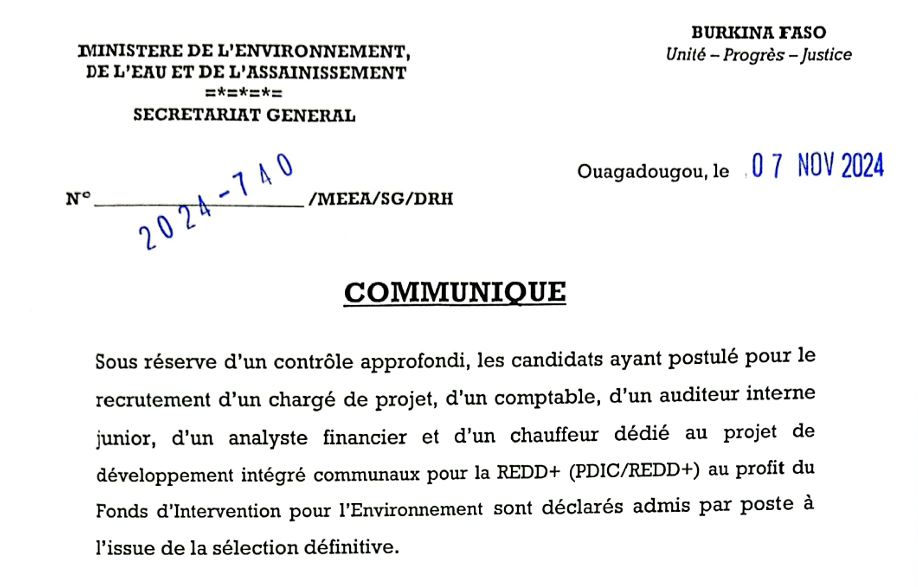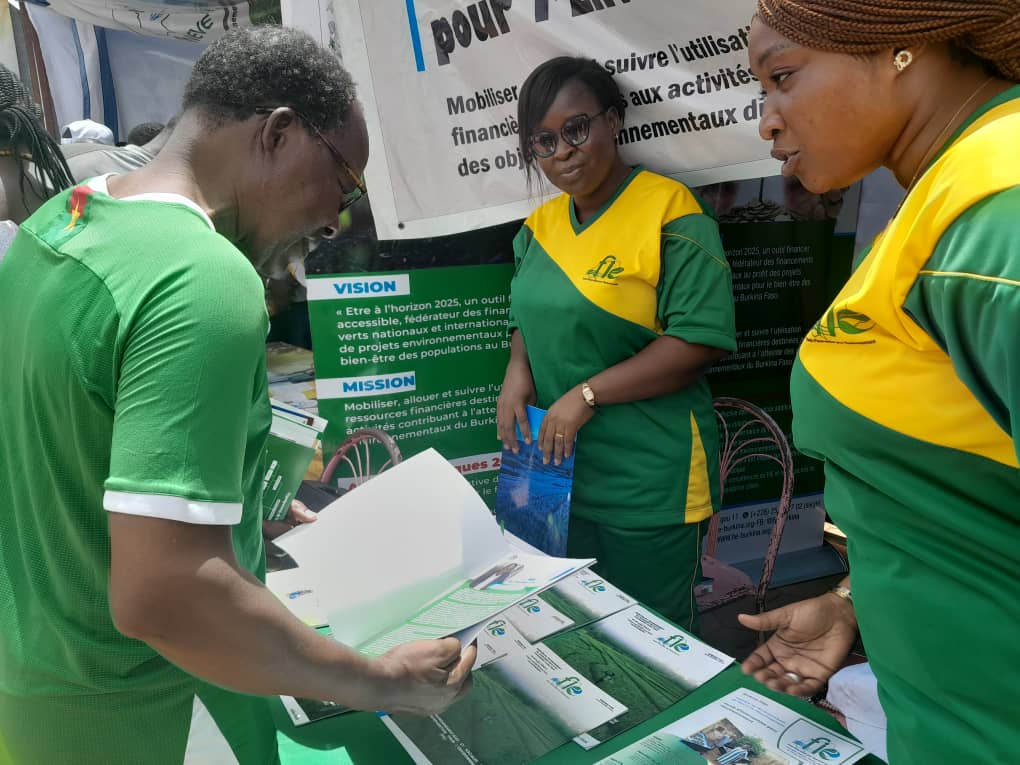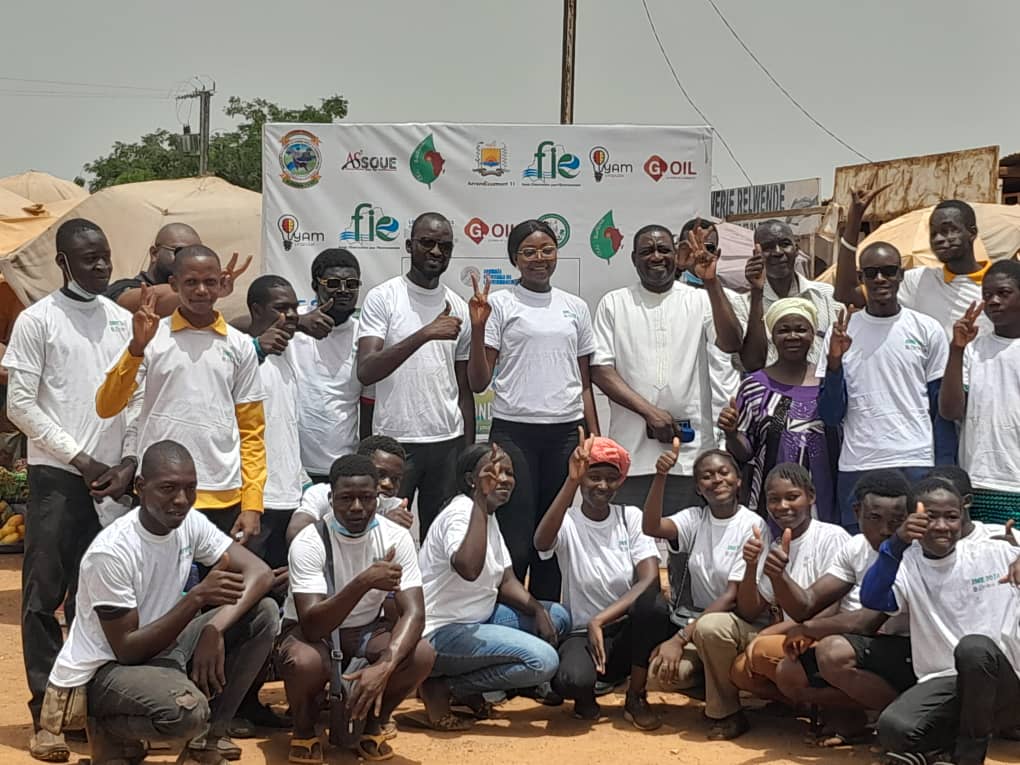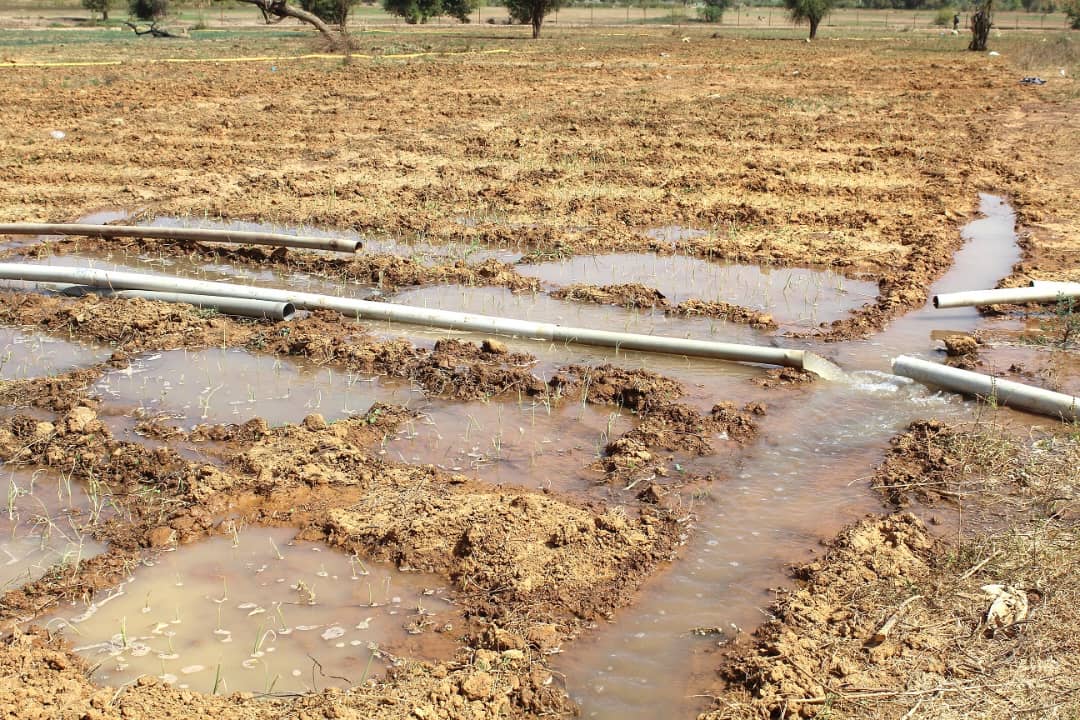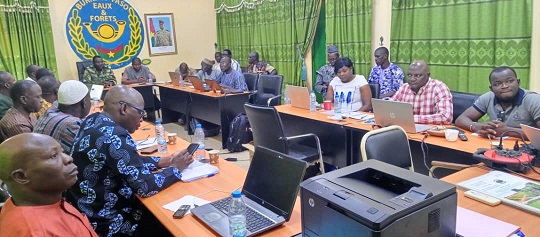- Home
- FIE
- Areas of intervention
- Funding
- News
- Opportunities
- Documents
- complaints and suggestions
- FIRST EXTRAORDINARY SESSION OF THE FIE BOARD OF DIRECTORS
- Victims of wildlife damage in the waterfall area come into possession of their checks.
Latest Articles
-
Sunday 14 December 2025 │ 12:14:50 PM
-
Sunday 14 December 2025 │ 12:09:58 PM
-
Wednesday 10 December 2025 │ 10:48:38 AM
FIE Burkina
The Environmental Intervention Fund (FIE) arises from the desire of the Burkinabè State to equip itself with a new financial tool to respond to the country's environmental challenges.
Its vocation is to become a new financing lever to mobilize ...
Reports and complaints
If you have statements, complaints, suggestions or simple comments on the action of the FIE, this space is yours. Identify yourself and let us know your feelings. Any inquiry will be treated with the greatest interest.
Follow us
Contact
General direction : Ouagadougou
11 BP 623 Ouagadougou CMS 11
Tél. : (+226) 25 43 27 02 (Siège Cissin)
(+226) 25 33 30 32 (Annex Kwamé N’Krumah)
 English
English  Français
Français 



